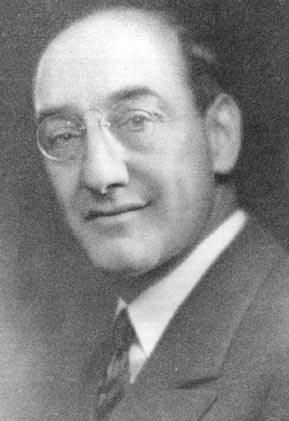![]()
Alfred Hess was an independently wealthy New York City pediatrician who for 25 years financed his own research into the health problems of children at several labs in the city. The first part of his career, which involved experimentation on infants that today would be considered unethical, culminated in a monograph on scurvy in 1920. Hess spent the remaining years of his life studying the cause and cure of rickets and worked with the world’s expert on sterols, Adolph Windaus of Germany, to identify irradiated ergosterol (vitamin D) as a cure for the disease. Windhaus won the Nobel Prize in Chemistry in 1929 for his work leading up to the discovery and shared the monetary award with Hess. Hess suffered from hypertension and heart disease and collapsed after speaking at a nurses’ graduation ceremony and died at the age of 58.
References:
